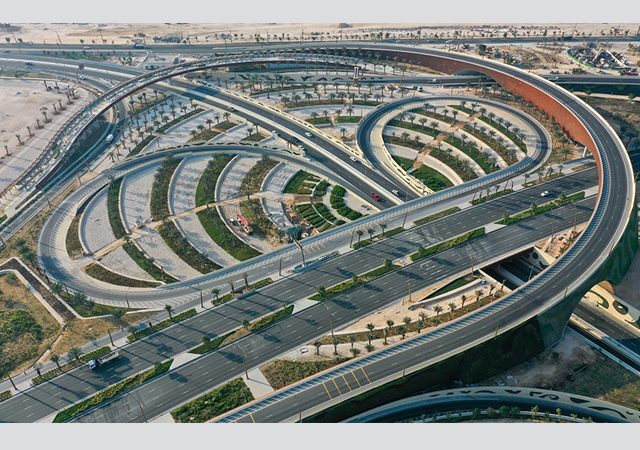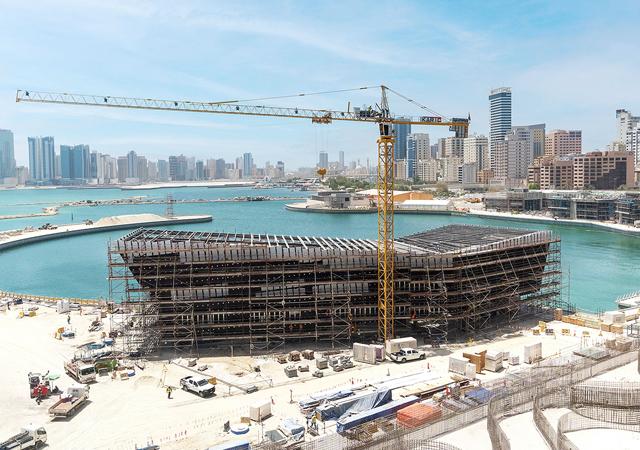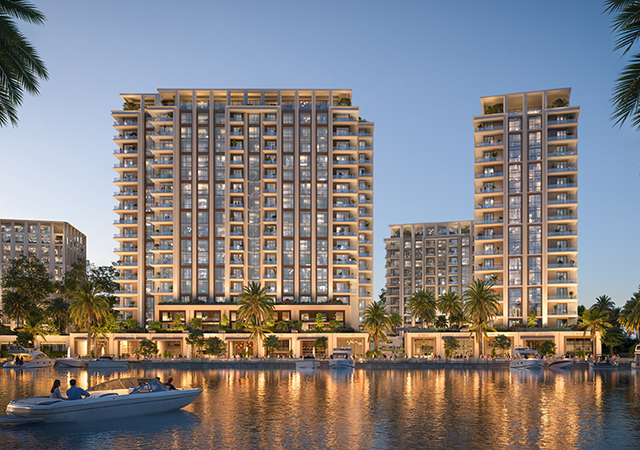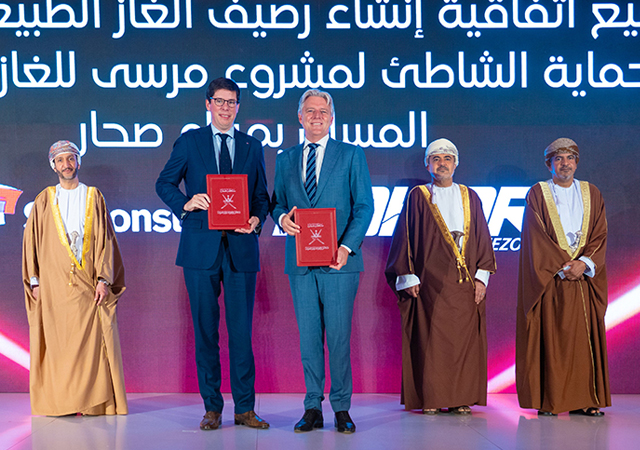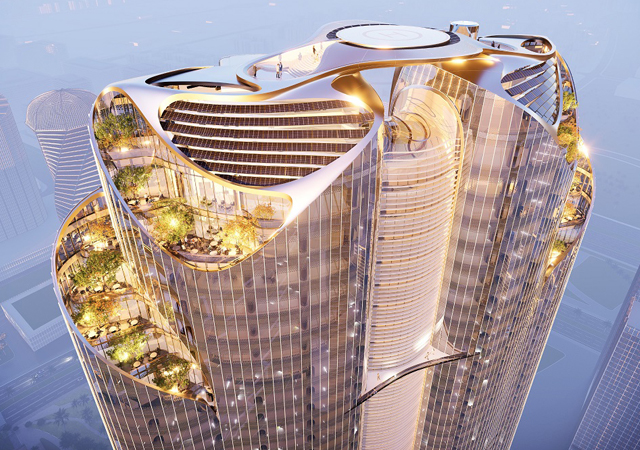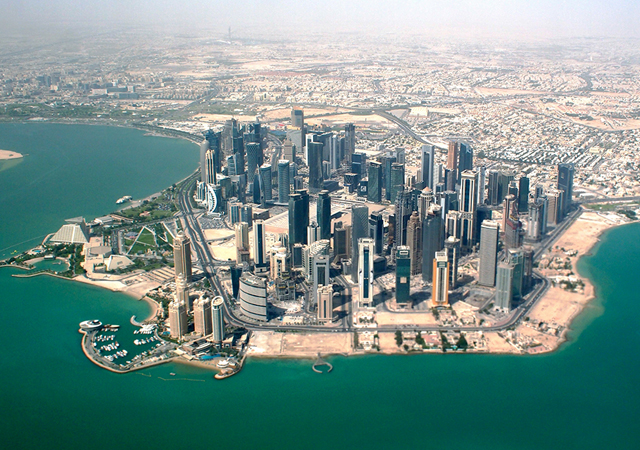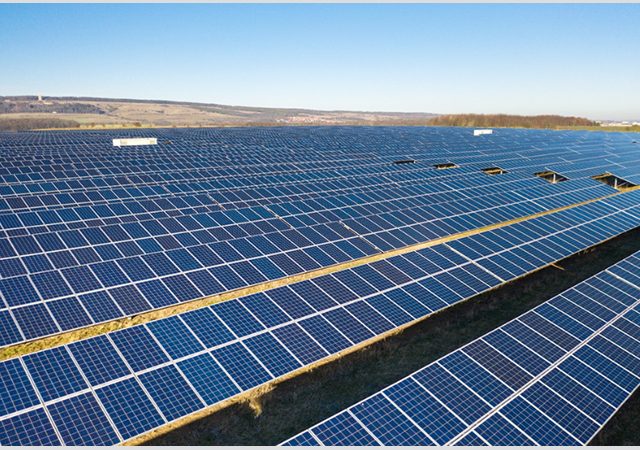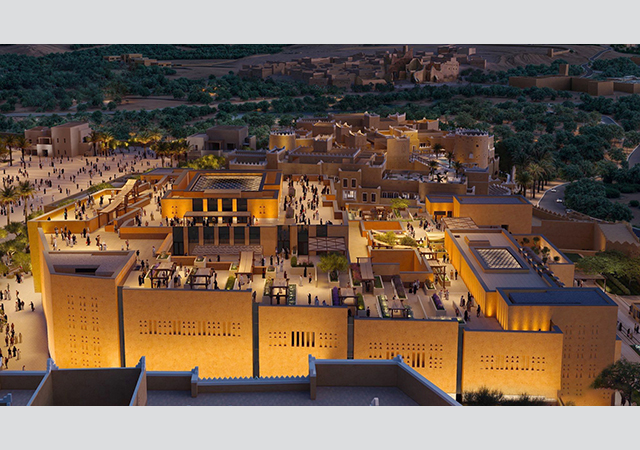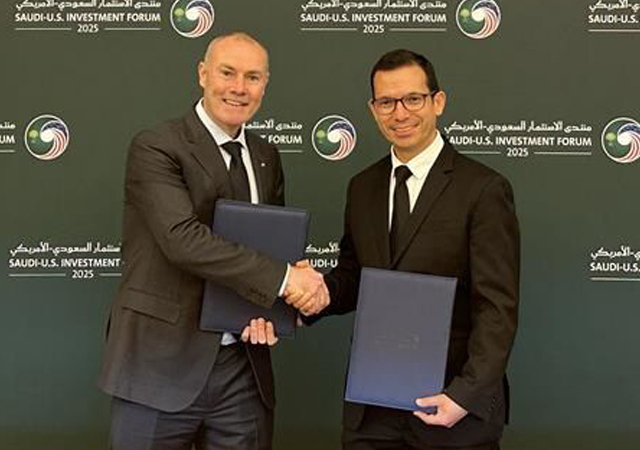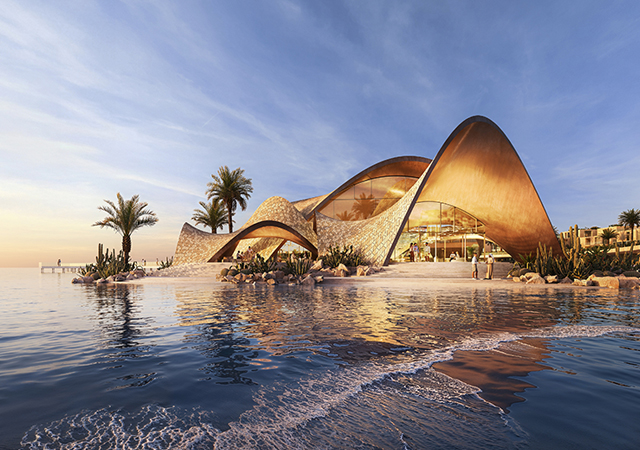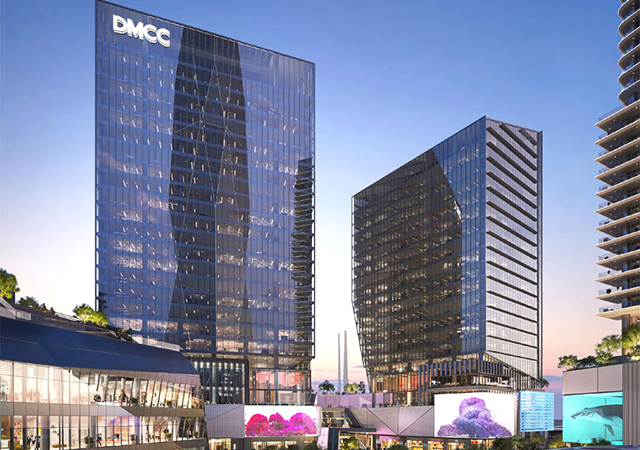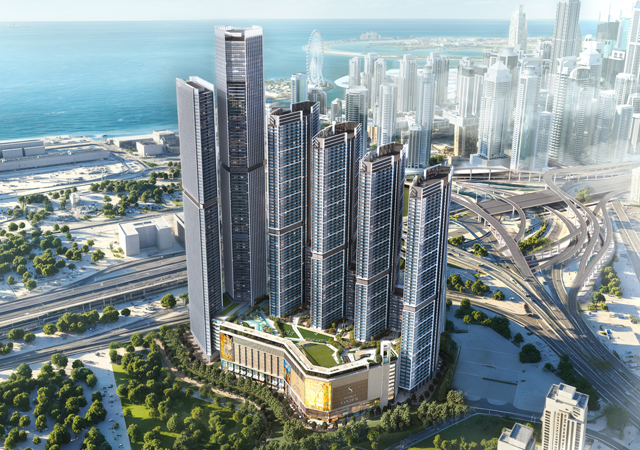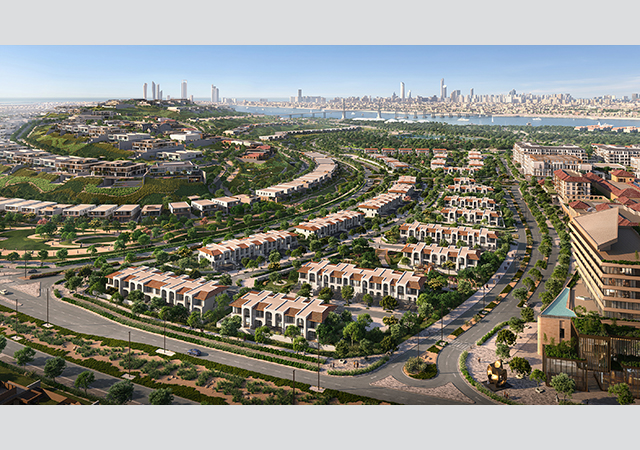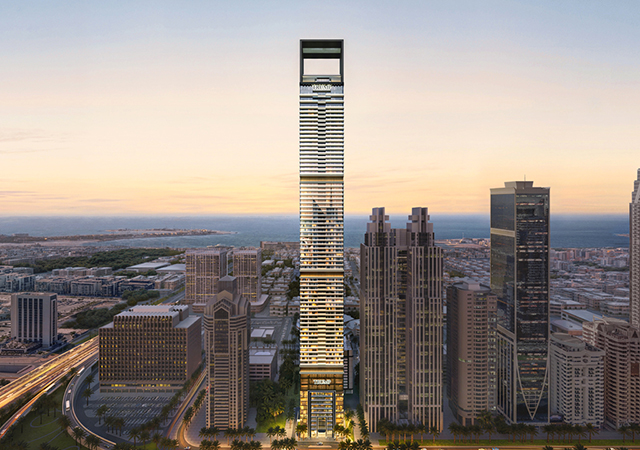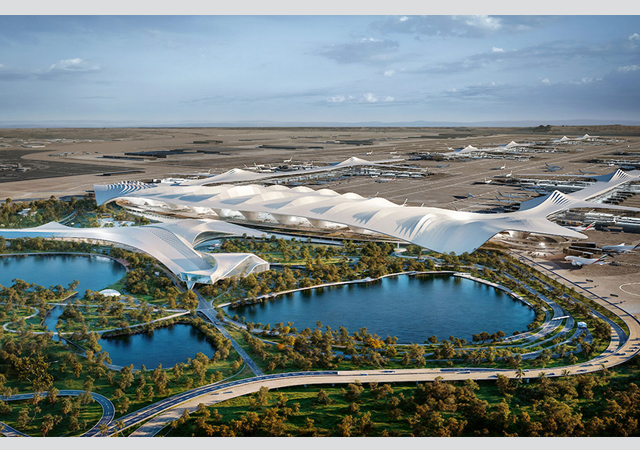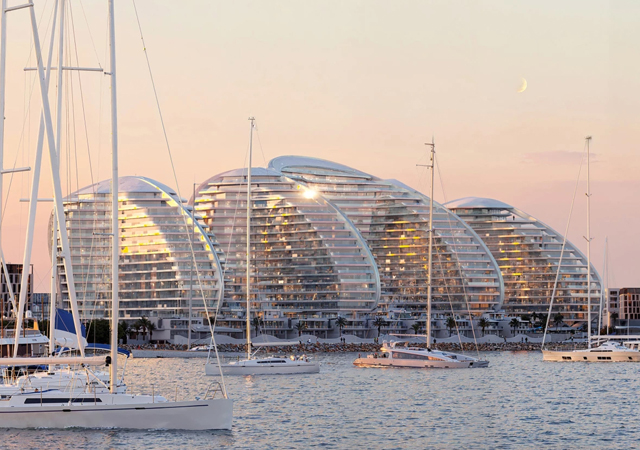
 DIFC tunnel ... under construction.
DIFC tunnel ... under construction.
The construction chemicals division of Germany-based BASF – a leading supplier of chemical systems and formulations for the construction industry – is currently positioning itself to capture a larger share of projects across the Middle East, with record-setting projects such as the Burj Dubai in this project portfolio.
For the towering landmark’s superstructure BASF supplied its unique admixture, Glenium Sky 504.
“The main contractor’s requirement for the unique Burj Dubai project was a combination of extended workability with high early strength, which necessitated the development of a unique admixture. Our Glenium Sky 504 has allowed Unimix to pump concrete to world record-breaking heights, with low pumping pressures being achieved as a result of concrete rheology controlled by polymers developed using nanotechnology unique to BASF,” a BASF spokesperson points out.
The Burj Dubai became the tallest building in the world at the end of July, when it reached 512.1 m It is now taller than Taipei 101 in Taiwan, which at 508 m has held the tallest-building-in-the-world title since it opened in 2004. Burj Dubai has now reached 141 storeys – more storeys than any other building in the world according to Emaar Properties, its developer.
Nanotechnology is the science dealing with the interaction of extremely small objects measured in nanometres (a millionth of a millimetre), the dimension of molecules and polymeric chains. In-house expertise in nanotechnology allows BASF Construction Chemicals to control the chemical and physical behaviour of polymers and their interactions with cement. For the first time, on the Burj Dubai’s superstructure, nanotechnology enables specific critical requirements and extreme conditions to be met, he says.
Elaborating on the admixture, the spokesman says: “Glenium Sky 504 is an innovative superplasticiser based on second-generation polycarboxylate ether (PCE) polymers. It is specially engineered to provide high water reduction, slump retention and extended workability without delayed setting characteristics.
“This admixture is now recognised throughout the UAE as an undisputed performance leader, which has encouraged other readymix companies to utilise its capabilities to produce self-compacting concrete (SCC) for use on a number of prestigious projects in the region. SCC completely fills the formwork and encapsulates the reinforcement without vibration, achieving compaction only through the action of gravity. To achieve this, the concrete must be highly fluid and stable, that is, it must remain homogeneous during the entire process from plant to form, without separation of the aggregate, mortar and water.
“Rheodynamic concrete, BASF’s enhanced form of SCC, is distinguished by the inclusion of the proven Glenium hyperplasticiser technology. Rheodynamic concrete can be produced easily from familiar, locally available materials. It is suitable for the large-scale, industrial production of concrete in conventional applications where durability, time, labour, energy and direct savings on costs of construction and lifecycle are sought.
“This concrete self-compacts; it requires no vibration or tamping and only a minimum of trowelling to produce a smooth finish. Plastic settlement is eliminated by the high degree of compaction and struck concrete is almost always blemish free.”
The largest single pour of Rheodynamic SCC was successfully completed in March this year. Up to 12 pumps were used by Readymix Beton to pour 10,170 cu m in less than 31 hours to form the foundation raft for the new Al Durrah Building on Sheikh Zayed Road. The highly congested steel rebar necessary for the project, led to Rheodynamic concrete being specified by Atkins, a world leading provider of professional, technologically-based consultancy and support services. This record has now been broken however, by Unibeton, which has executed a 17,000 cu m pour for the foundation raft of the Landmark project in Abu Dhabi in the UAE.
The special rheological properties of Rheodynamic SCC are achieved through the use of hyperplasticisers from BASF’s Glenium range, capable of effecting a water reduction of greater than 40 per cent, which is essential to provide the necessary workability, the spokesman points out. High fluidity, however, increases the tendency of a mix to segregate and maintaining homogeneity is an important aspect of the control regime, he adds.
“The inclusion of the viscosity modifying admixture (VMA), Glenium Stream 2, ensures homogeneity and eliminates the tendency for a highly fluid mix to segregate. Segregation occurs when the components of the concrete separate out into mortar and course aggregates. Reaching the right balance between fluidity and resistance to segregation – apparently opposing properties – is the key to the successful production of SCC,” he points out. “The multiple advantages that SCC offers over regular concrete shows that it is the future of concrete. The performance and economical benefits provided by Rheodynamic SCC make it the product of choice to meet the ever more challenging requirements of architects and engineers, in this fast-paced and competitive sector. “
According to Dr Andreas Kreimeyer, a member of the board of executive directors of BASF Aktiengesellschaft in Germany. “The market for construction chemicals is worth 29 billion euros ($40.04 billion) and is growing by four to five per cent per year. Our goal is to grow by seven to eight per cent per year in the coming years in this attractive, innovation-driven market and thus double our sales to approximately 4 euros billion by 2015.”
BASF aims to achieve its goals in three ways. Firstly, it plans to transfer technologies that are successful in one region to other regions. Secondly, BASF’s competencies, for example in research and development, will be used to create better product solutions and achieve rapid market entry. And finally, BASF aims to generate more business in growth markets such as Asia and Eastern Europe. Acquisitions in growth markets are also to play a role in achieving these goals, an example being BASF’s acquisition of Chinese concrete additives producer, Hi Con, in December last year
The construction industry is one of BASF’s key customers, accounting for between 10 and 15 per cent of the company’s sales. BASF offers a broad range of customer-specific products – from foams for thermal insulation, plastics for solar heating systems and dispersions for paints to cable insulation material, latent heat stores and glues for particleboard
Dr. Bernhard Hofmann, head of BASF’s Construction Chemicals division, highlighted four key trends in the construction industry with which BASF is aligning its business strategy:
Buildings and structures are expected to have a considerably longer lifetime. This cannot be achieved without construction chemistry.
The spectrum of cements and additives such as sand and gravel is constantly expanding. BASF must be able to tailor its concrete admixture products to these changing requirements.
Customers are increasingly calling for lower costs in terms of material, energy and capital on the one hand and faster completion times building projects on the other hand.
The interest in energy efficiency in the use of the finished buildings has increased enormously and is likely to grow further.
“Our broad product portfolio and an excellent team equip us to meet these challenges,” points out Hofmann.
Headquartered in Aktiengesellschaft in Germany, BASF is one of the world’s leading chemical companies and a reliable partner to virtually all industries with a diverse portfolio that ranges from chemicals, plastics, performance products, agricultural products and fine chemicals to crude oil and natural gas. The company’s construction chemicals division with its continuous innovation and tailor-made solutions ensures that its customers are successful in diverse projects. Its admixture systems business unit specifically helps customers in the readymix, precast, manufactured concrete and underground construction industries. The construction systems unit offers a wide range of products for sports and industrial flooring, external renders and wall insulation, expansion joints, wood preservatives as well as specialist repair mortars, tile adhesives and waterproofing membranes. The division operates production sites and sales centres in more than 50 countries and achieved sales of €2.2 billion with approximately 7,500 employees last year.




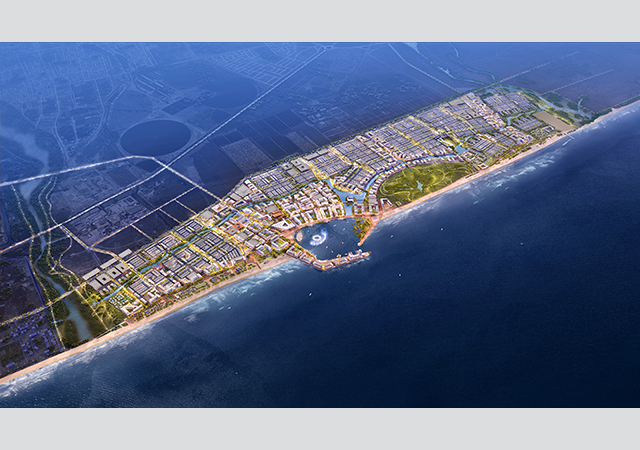
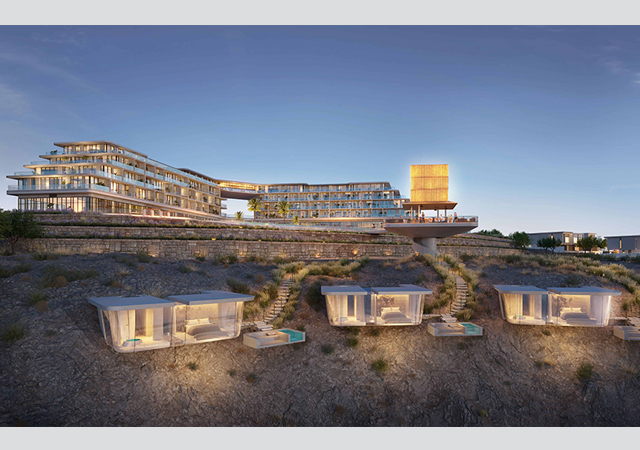
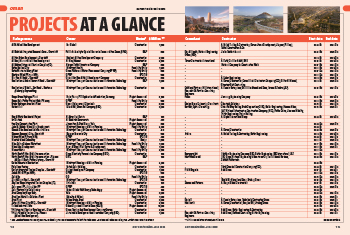
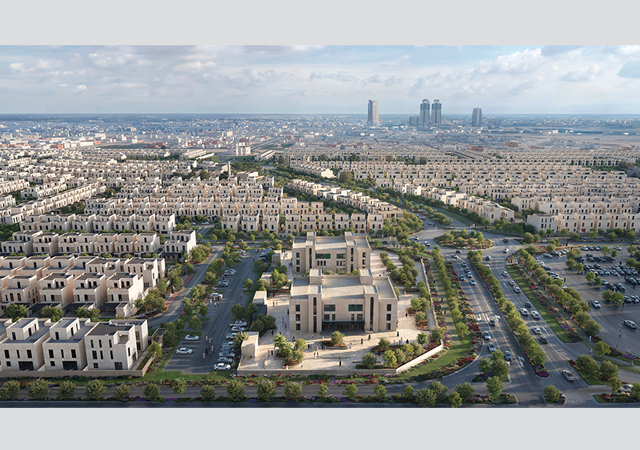
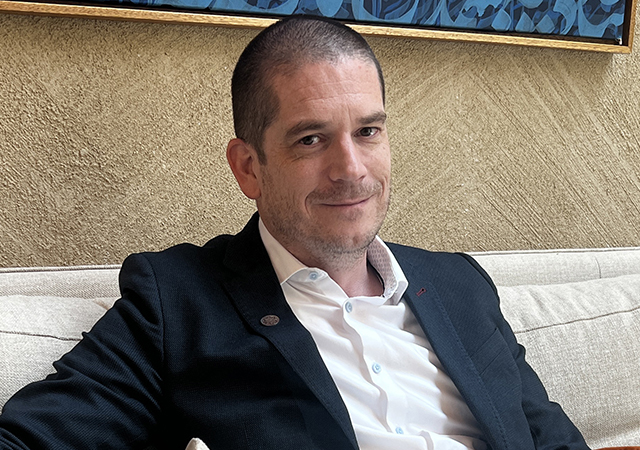

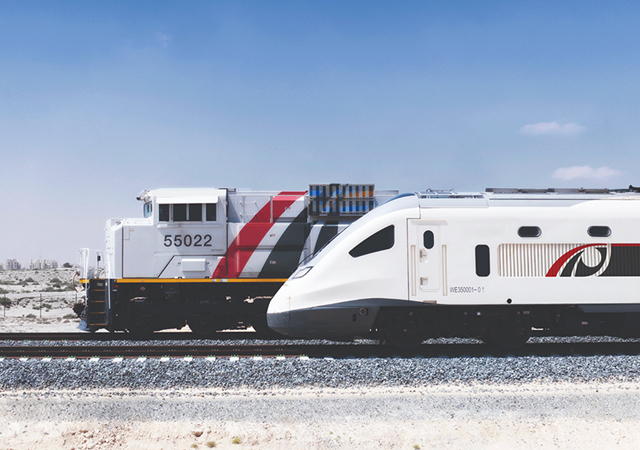
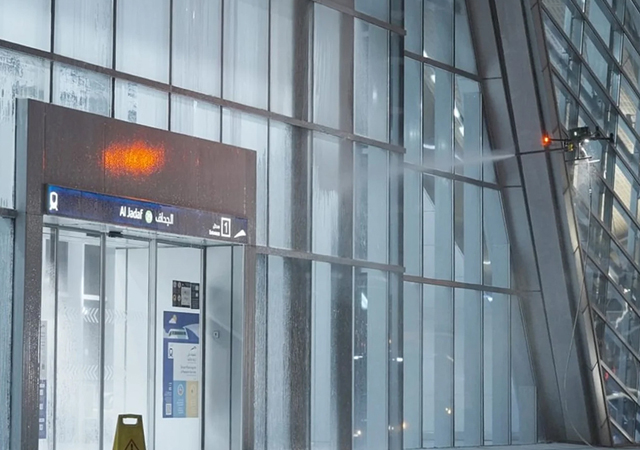

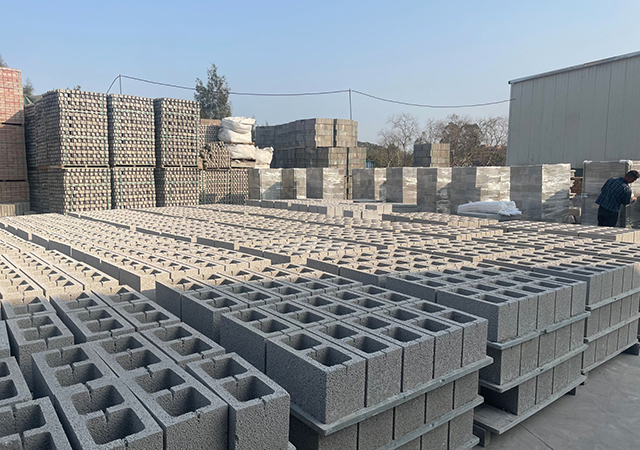
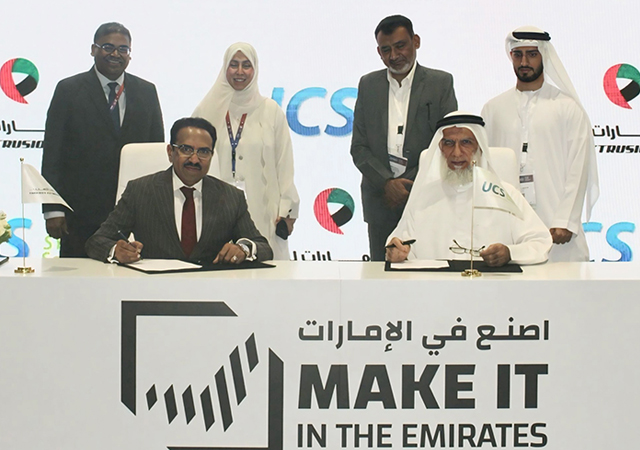
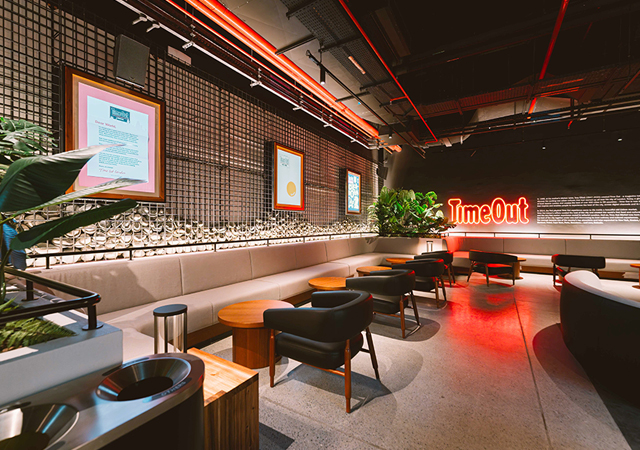
.jpg)
.jpg)
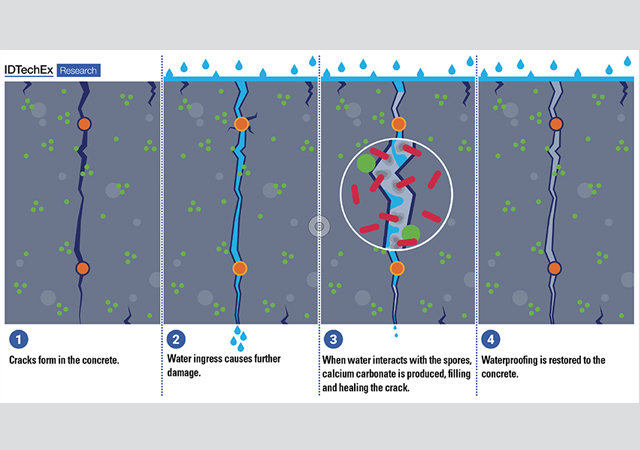
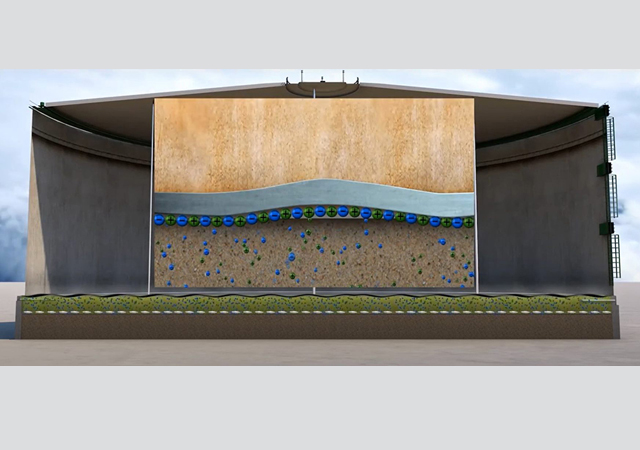
.jpg)
.jpg)
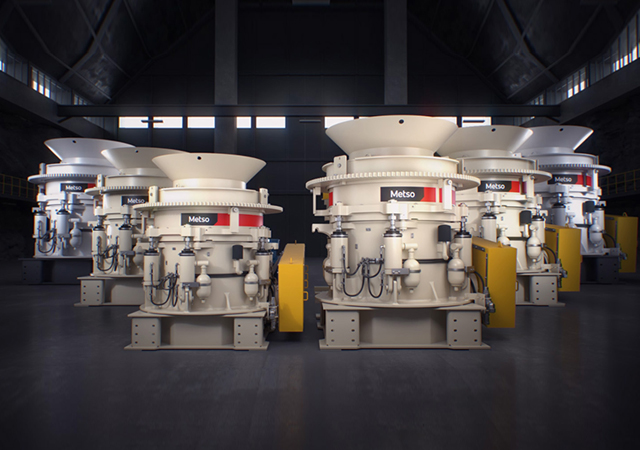
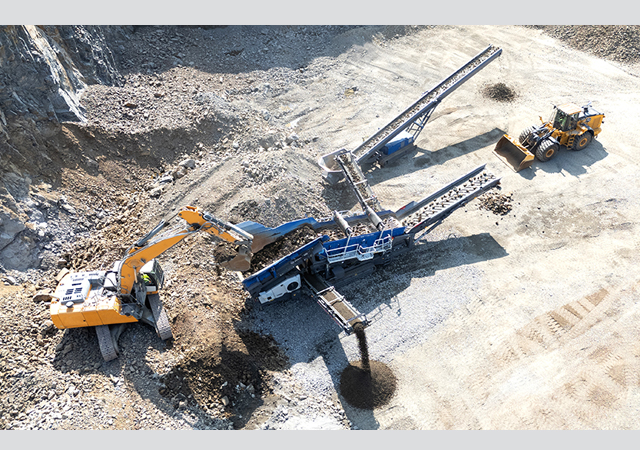
.jpg)
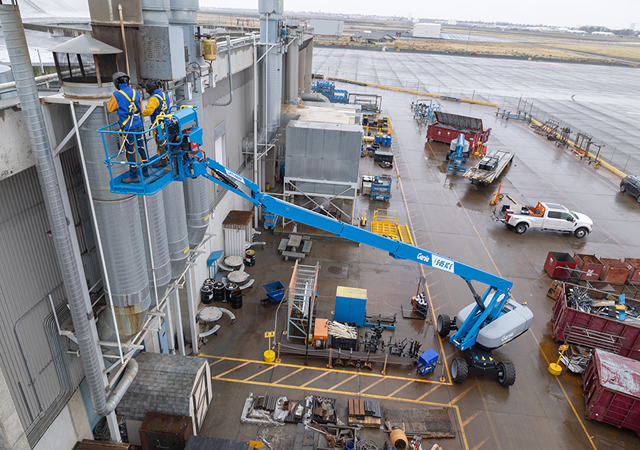
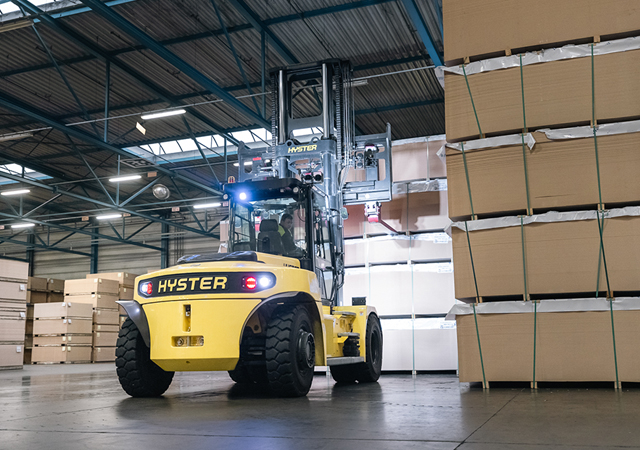
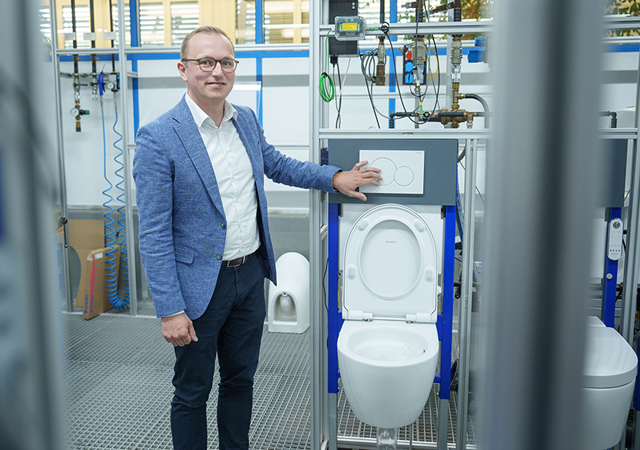
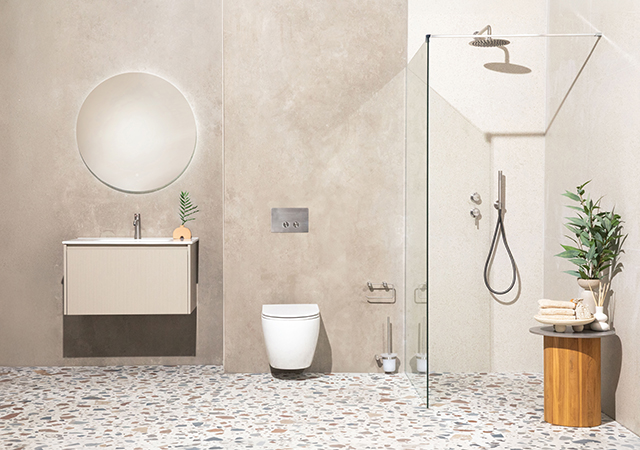
 Doka.jpg)


